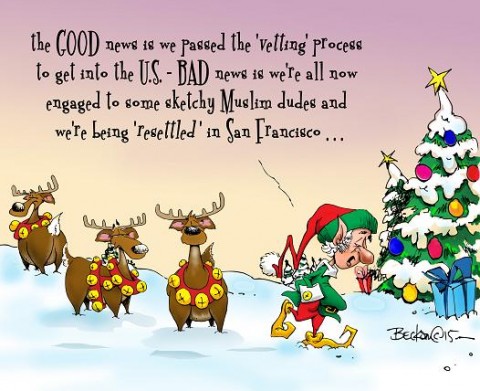By Stan Welch
It is axiomatic that all politics are local. That is to say that policies and laws and political philosophies are felt most keenly at the level of government closest to home, where we all live our daily lives.
It is also axiomatic that when one political factor or element or party gains dominance and power; and no longer has a viable opponent to fight with, they begin to fight with themselves. An increasingly clear example of the conflict between elements of the Republican Party is emerging, both nationally and locally.
The appearance of the Tea Party, in response to the policies and performance of the Bush administration and other Republicans, has been a mixed blessing at best. On the one hand, the move towards the right has served notice on moderate Republicans that the GOP’s conservative wing is unhappy.
They are unhappy with the size of government, and with what they see as a move to the left so great that it embraces socialism. They seek lower taxes, less regulation, and a simpler view of the way government should function.
On the other hand, many lifelong Republicans, while agreeing in principle with many of the Tea Party’s views, favor a less abrupt approach, and fear that a schism is growing in the party; a schism that weakens the party and endangers its chances of capturing the Senate in 2014.
Again, all politics is local; and the tension between the right and the center of the local Republican Party is on the rise as well. The confusion and disorganization that characterized the recent Anderson County Republican Party convention illustrates the potential damage.
As reported in The Journal, there were fifteen more votes cast than there were registered delegates. Subsequent reports, following hours of review, and recounts by the executive committee, seemed to indicate that the number of delegates was miscounted, instead of the votes. In terms of the overall picture, the difference seems slight. One way or the other, the vote appears to have been fumbled.
That fact led to great discord and rancor between those attending. A number of the more experienced and traditionally Republican members were very disappointed in the way the convention was conducted and they said so. Several vowed to stay away from party functions in the future.
In general, they are long time veterans of the political wars. Many of them were instrumental in bringing the Republican Party to the position of local dominance that it enjoys, at least for now. Many of them feel that the ongoing radicalization of their party weakens it and makes it vulnerable in light of back to back presidential victories by the Democrats.
Other members, of a more radical opinion, seem quite willing to live with that result, so long as their view prevails. They feel that the Republican Party as it stands today is so moderate as to be almost indistinguishable from the Democrats. That is intolerable to them; a circumstance they waste no opportunity to proclaim.
Unfortunately, that attitude may cost the local party a great deal in terms of influence, experience, fund-raising ability and general credibility; and at a time when the Party, at every level, needs to be identifying, gathering and consolidating its strength, in preparation for what promises to be a rough and tumble Senate campaign next year.
Seems to me it is a hard sell to convince voters that your party can unite and restore the country when it can’t even unite itself. Or as Pogo famously said in the comic strip that bore his name, “We have met the enemy and he is us.”
















